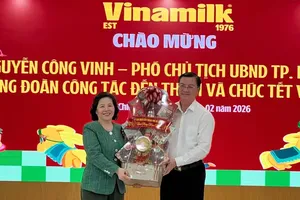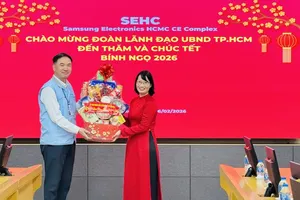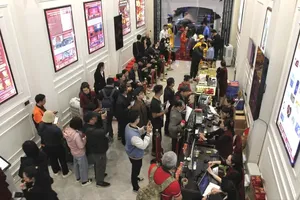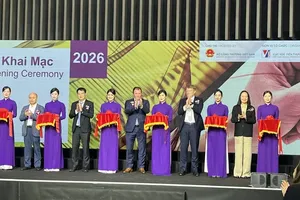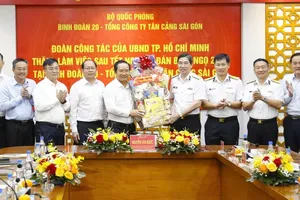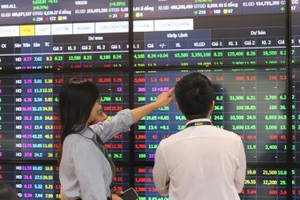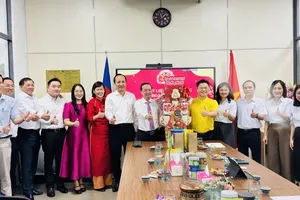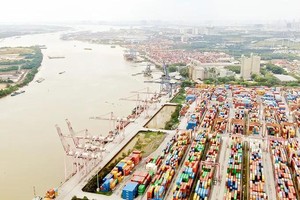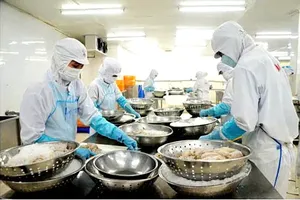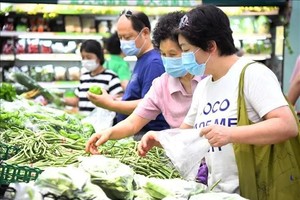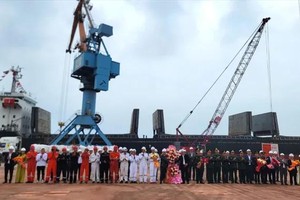
The number was provided at a seminar titled “New U.S. Policies: Impacts on Trade and Investment" organized in Ho Chi Minh City on January 8 by the Investment and Trade Promotion Center (ITPC) of Ho Chi Minh City, in collaboration with the U.S.-Vietnam Business Council and the Institute for Vietnam Initiatives in the city.
Speaking at the event, Mrs. Cao Thi Phi Van, ITPC Deputy Director, emphasized that in 2024, the total bilateral trade turnover between Vietnam and the U.S. was expected to top US$132 billion. Of this, Vietnam's exports to the US hit nearly US$119 billion, up 23.3 percent compared to the previous year. Imports from the United States reached US$13 billion, presenting an increase of 7.3 percent. Vietnam recorded a trade surplus with the US of $106 billion.

These figures confirm that the U.S. is Vietnam's largest export market. At the same time, Vietnam has become the 8th largest trading partner and an important trading partner within ASEAN in the global supply chain.
Chairman of the Board of Directors of the U.S.-Vietnam Business Council Kevin Morgan said that key export items from Vietnam include footwear, furniture, machinery, and optical equipment. Businesses from the U.S. are increasing investment in Vietnam, especially in high-tech sectors such as microchips and semiconductors. Currently, there are more than 1,400 projects in Vietnam with a total registered capital of nearly US$12 billion. The U.S. ranks third out of 110 countries and territories investing in Ho Chi Minh City with a total capital of US$1.55 billion.
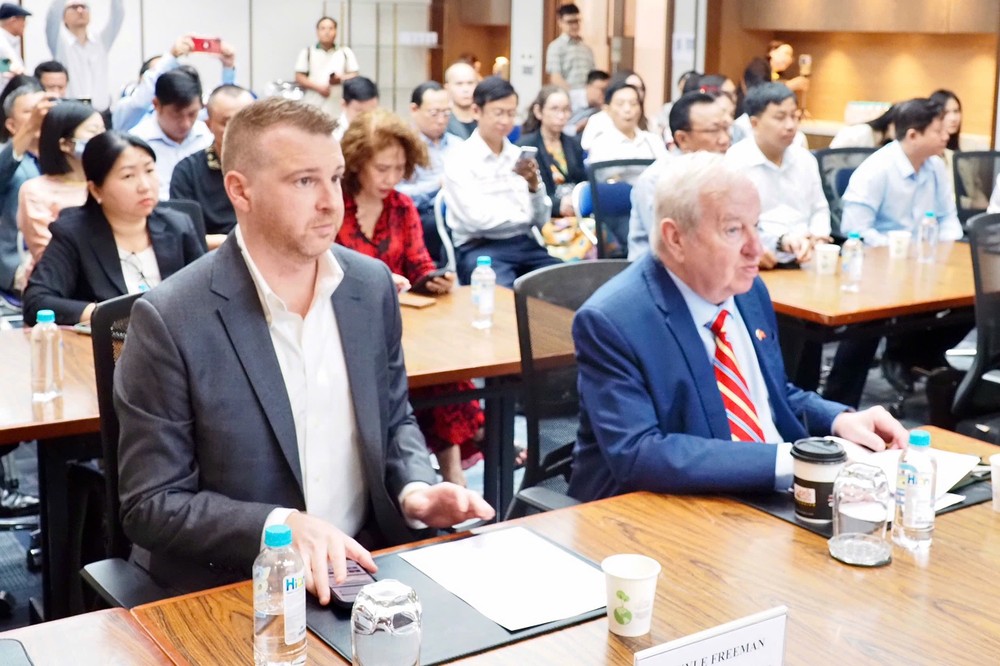
A representative from the Ministry of Industry and Trade stated that the U.S. is a potential market with 332 million customers and high per capita income. However, many experts expressed their concerns about the United States entering a new phase with significant adjustments in economic and foreign policies, which are expected to have a widespread impact on global trade and investment activities. Specialists have analyzed the potential effects of the new U.S. administration on the development of U.S.-Vietnam trade, covering issues related to trade, tariffs, technology, finance, and investment.
Mr. Do Ngoc Hung, Trade Counselor and Head of the Vietnam Trade Office in the U.S., emphasized that the Vietnam Trade Office in the U.S. suggested that domestic businesses should cooperate with importers and distributors in the U.S. to examine flexible payment methods and share risks, especially during the initial phase of entering the market to increase exports of fruits and vegetables to this market.
In addition, they should consider a link-up and investment in cold storage warehouses to establish a distribution center for Vietnamese goods at a U.S. West Coast port and then expand to the East Coast or the South with large-scale ones to serve multiple product categories. It is expected to help reduce costs and provide a proactive advantage for businesses in bringing their products to the market.
